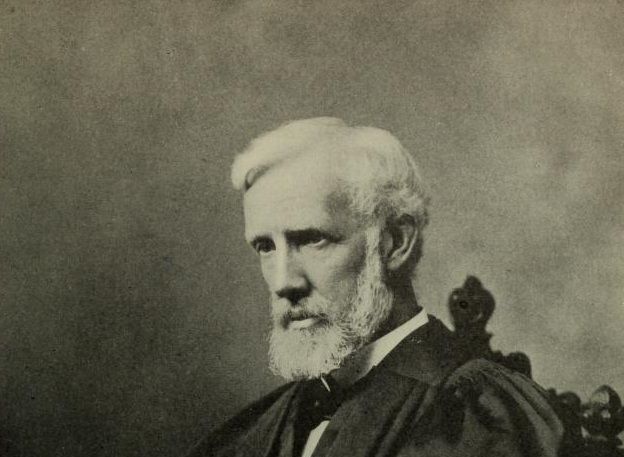Traditional Music / By Daniel Neely
Oldtime Records is known for its meticulous, high-quality reissues of traditional Irish music from the interwar period. “Sunshine,” its seventh release, includes 22 previously unissued tracks unified (as stated in the liner notes) by their “remarkable musical impact” and “rarity.” Both of these statements are true and make for what is a brilliant set, one that everyone interested in the history of Irish music will want to own.
I have written about several of Oldtime’s previous projects, including “The Genius of Peter Conlon,” “If There Weren’t Any Women in the World” and “The Fiddler’s Delight: Rare 78rpm Irish Fiddle Recordings 1921-1945,” and as someone who enjoys looking at history, I have loved every one of them so far. The production standard has always been very high and the producers have a fantastic reputation for finding exciting material to present. “Sunshine” is no different. Every one of its tracks has something interesting to recommend it, but more telling, a close listen reveals beautiful facets of the great stylistic whole of traditional music as it was played in those days in the U.S., England and Ireland. Coupled with a comprehensive and strongly researched booklet that parses these differences deftly, “Sunshine” makes for a very powerfully informed project and companion to Oldtime’s previous issues.
Fourteen of the album’s tracks were recorded in the United States, with five recorded in Dublin, and two others (lovely solo recordings of uilleann piper Wm. N. Andrews) in London. What I find really interesting about them is how well the stylistic contrasts can be heard between the tracks recorded in the U.S. and Ireland. They say a great deal about how Irish music changed with immigration and developed in its different new homes.
Compare, for example, Paddy Killoran's "Pride of Erin" Orchestra (NYC 1934) playing the Sweep’s hornpipe (track 18) to Frank Lee’s Tara Ceilidh Band also playing “The Sweeps” (track 12) for a very clear illustration of what I mean. While both versions display a great deal of professional polish (not the case with every track), Lee’s band’s version has the familiar sound of a more traditional céilí band in that the the orchestration takes no real liberties (fiddle/flute/piano/drums) and it maintains a very even dance rhythm in its performance. Killoran’s orchestra, on the other hand, has a far more roguish slant to it. Its arrangement features fiddle/clarinet/sax/piano/banjo/accordion and has a pronounced bounce to it. Do these different approaches reflect the nature and therefore difference between the dance halls in Dublin and New York? Almost certainly so. Lee’s interpretation comes from a society that was relatively more restrictive, whereas Killoran’s, as Mick Moloney once wrote in an article about Irish dance bands in America, was the product of a dance hall that “represented an opportunity for an American statement of personal liberation.”
A pair of stand out tracks for me are “Fallon’s Delight” and “Killmore Fancy” by Mary and Margaret McNiff-Locke. Margaret and her daughter Mary were among the relatively few women who recorded Irish music in that era and one might describe their stylistic approach as somewhat homey, with Margaret playing melodeon in a bracing but mostly unadorned way, accompanied by her daughter chording a five-string banjo. The results are lovely and have a gentle, almost “homey” feel to them. The pair recorded only four sides, with the two others featured on “If There Weren't Any Women in the World.”
Other standout tracks to me include those of the great Flanagan Brothers (“Garden of Daisies” is a superb track, but Joe’s work on “Sunshine; Off to California” is simply outrageous) and Packie Dolan and his Boys’ “Ships Are Sailing” (Dolan is a criminally under-recognized fiddle player; I had believed all his work had been previously reissued, but his track here proved me wrong). I love the flute playing Gray Brothers’s “The Caven (sic) Fancy; The Irish Favorite,” for it’s spritely gait and Frank Quinn’s “The Fair of Mullingar” for its playful bounce and well placed singing (it’s some banjo player he’s got with him there!).
Maybe the album’s biggest – and most exciting – surprise is the inclusion of a 1949 acetate recording of the Tulla Ceilidhe Band playing “Cooley’s Reels; The Ships are Sailing.” The lineup includes Seán Ried (piano), likely PJ Hayes and Paddy Canny (fiddles), likely Jim O’Donoghue (flute), either Paddy O’Donoghue, Martin Rochford or Willie Clancy on flute, and the great Joe Cooley on accordion. The sound of the band is still quite familiar, as is its rhythmic character. An Historic Recording for sure, and fabulous to hear.
Like all of Oldtime’s releases, “Sunshine” is a well-researched offering in an attractive and inviting package. (Why, it comes complete – as does much of Oldtime’s catalog – with cover art by the legendary artist R. Crumb.) The music is stellar and a joy to hear. A must-have recording for lovers of traditional music and its history. To learn more, visit www.oldtimerecords.com.









